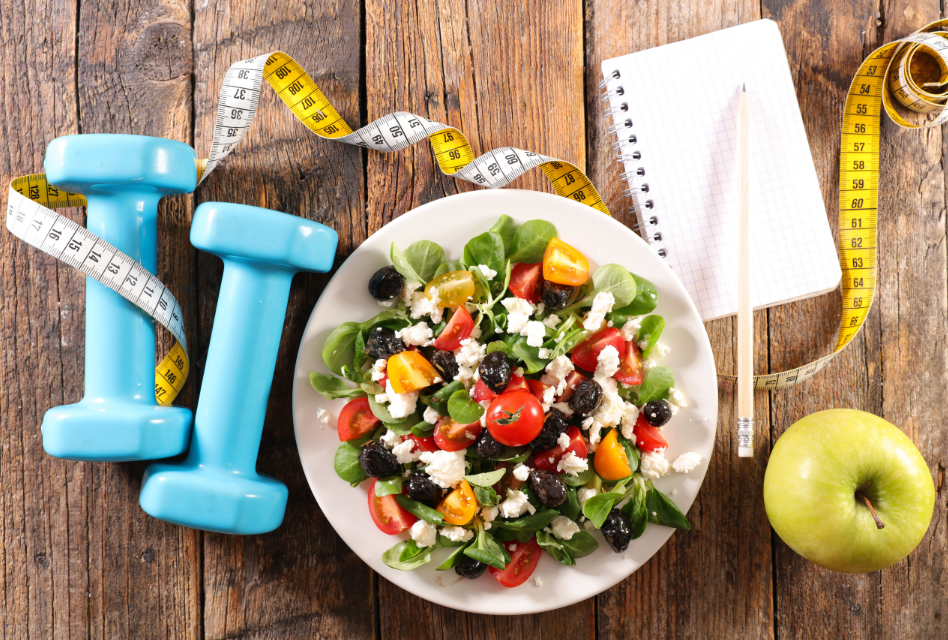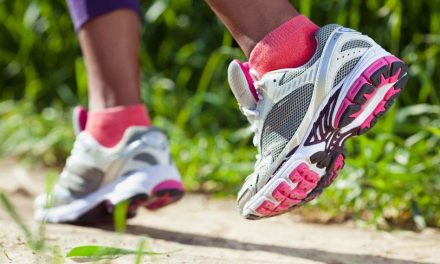
Every day, you fuel your body with carbohydrates, fat and protein. Selecting the right combination of these macronutrients can have a substantial impact on your athletic performance.
Professional and collegiate athletes often benefit from the advice of dedicated nutritionists, who help maximize their performance. You’re probably not a professional football player or college gymnast. But the right diet approach can improve your daily runs, bike rides, weightlifting and other athletic endeavors.
The key is finding the fuel combination that matches your body’s energy demands, whether that’s endurance, strength or quick bursts. A dietitian can help you determine the ideal ratio of carbohydrates, fats and protein. With that in mind, let’s take a closer look at these key macronutrients.
Carbohydrates
This is your body’s preferred source of energy during high-intensity activities. It’s the easiest way to get energy quickly. Your body can also store carbohydrates in muscles and some organs (including your liver) to be used later. That’s what leads to “carb loading,” in which athletes preparing for an event (a marathon or big game, for example) will eat a meal heavy on carbohydrates the night before.
Among the best carbohydrate sources:
- Whole grain pasta or bread
- Fruits, such as bananas, apples and pineapples
- Oatmeal
- White potatoes and other starchy vegetables
- Broccoli and other leafy green vegetables
- High-fiber, non-sugary cereals
- Quinoa
- Brown or wild rice
Dietary Fat
Fats don’t do a lot for your energy levels, but they are important for regulating the thousands of hormones – all with different functions – in your body. So, while they certainly matter for a nutritional diet, it’s better to lower your fat intake before a major event. Otherwise, you may find these slow-digesting macronutrients sitting heavy in your stomach, while your body is redirecting resources to your arms and legs. Having a belly full of fat won’t do much for your performance.
Healthy fat options include:
- Avocado
- Peanut butter
- Olive oil
- Coconut oil
- Seeds and nuts
Protein
Protein is important for your recovery after exertion. It plays a key role in repairing and growing your muscle tissue, which gets torn during a workout. While you sleep, your body uses protein to repair the damage and build or grow new muscle tissue.
Among the best protein sources:
- Lean meats
- Eggs (including the yolk)
- Yogurt
- Cottage cheese
- Fish
- Hummus
- Legumes
- Greek Yogurt
Other Considerations
Along with the right combination of micronutrients, your body needs water for peak performance. It helps your joints move properly, prevents cramps and aids your body’s cooldown efforts after the activity is over. As a rule of thumb, plan to drink two cups of fluid before training or exercise and then four to six ounces of fluid every 15 minutes during your exercise.
Maintaining the right electrolyte balance is also important for your heart health. Electrolytes are essential minerals that help conduct electrical charges throughout your body. They have a role in your body’s ability to maintain fluid levels that support you brain, heart and muscles.
Among the important electrolytes are sodium, potassium and magnesium, which are all depleted when you sweat. When your electrolyte balance is off, you’re at greater risk for an abnormal heartbeat (arrhythmia) and other heart issues.
Electrolytes can be replenished with various sports drinks. Don’t overdo it, though. These specialty drinks can be loaded with sodium – as much as 10 percent of your daily recommended intake can be found in a single bottle.
The timing of your meals also affects your performance. Eating just before a game or run, for example, may leave you feeling like there’s a heavy clump of food bouncing around your gut. Instead, eat a carb-heavy meal the night before. And then if you need to eat before your event, stick with lower fat foods and give your body at least 60 to 90 minutes to digest before you start exerting yourself. Plan to eat again 30 minutes to an hour after your event to add protein and replenish some of the carbs that were lost.
Source: Orlando Health, www.orlandohealth.com


















